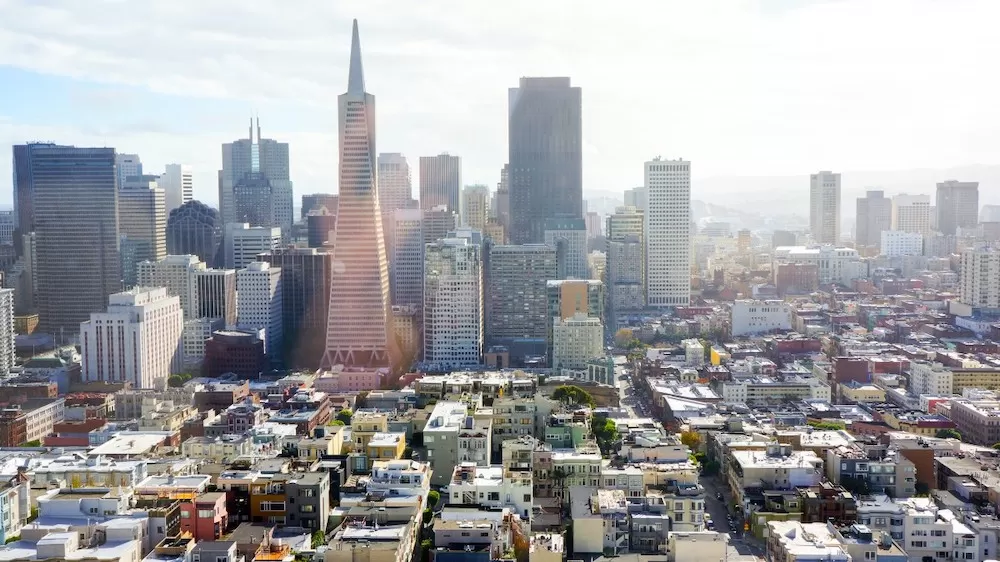
Can I Move to San Francisco?
The short answer is yes, you can. San Francisco is a huge metropolis with a diverse population. They welcome new residents from all around the world. As long as you can relocate to the city legally, then there's no reason why you can't move to San Francisco. As for the question of whether you should relocate to San Francisco, it's better to do so if any of the following apply to you.
You work here
You plan to study here
You have family here
You can afford to live here
You understand the culture here
You're used to living in big cities
How to Move to San Francisco
The process of moving to San Francisco depends on where you're coming from. If you're already an American citizen, for example, then it's easier for you to relocate to any other city within the US. If you're coming from a foreign country, however, you'd still need to do apply for an immigrant visa, find proper accommodations, and get your legal papers in check. It may seem an arduous task at times, but as long as there's nothing wrong with your documents and perhaps you're even eligible for a Green card, then there's nothing to worry about.
Is Moving to San Francisco Worth It?
For the most part, it is. San Francisco is a beautiful city with a lively community, great spots, and an open culture. You'd especially want to move here if you are:
An outdoorsy person.
An active person who exercises outdoors.
A member of the LGBTQ+ community.
A cosmopolitan.
Overview of San Francisco
San Francisco is one of the biggest cities in the US, both in size and population. Currently, the city is home to about 802,805, as well as a metro area population of around 3,343,000. This comes as no surprise considering that the city is one of the most welcoming when it comes to different types of people. Many of them move to San Francisco for all sorts of reasons, but there's no denying that the city's climate may play a huge part as well. The Bay Area is known for its mild weather and temperature. Its hottest month isn't even in summer. Surprisingly, it's September, which has an average high temperature of 71°F (21°C).
What is San Francisco Known For?
There are many reasons why San Francisco is famous, not just in the US, but all around the world. They include
The biggest city in Northern California.
The eclectic mix of architectural styles.
The steep hills that make up the metropolis.
The large LGBTQ+ community.
The infamous fog.
The iconic Golden Gate Bridge.
What is Unique About San Francisco?
Perhaps what makes San Francisco unique is its mild climate. Many know of California for its sunny warmth but San Francisco, which is in the northern Bay Area, is a lot milder. It never gets too hot during summer and doesn't get too cold in winter. It seldom snows here too. At the same time, the city's fog is also one-of-a-kind. There aren't a lot of American cities that get as foggy as San Francisco.
What to Do in San Francisco
Spending just one day in San Francisco is enough to charm your pants off. You can see the iconic Golden Gate Bridge in person, perhaps even ride your bike on it. See the famous locations shown in various movies like “Vertigo” (1958) or “The Princess Diaries” (2001). Visit the popular LGBTQ+ haunts, especially during Pride Month. And explore the beautiful North Beach too.
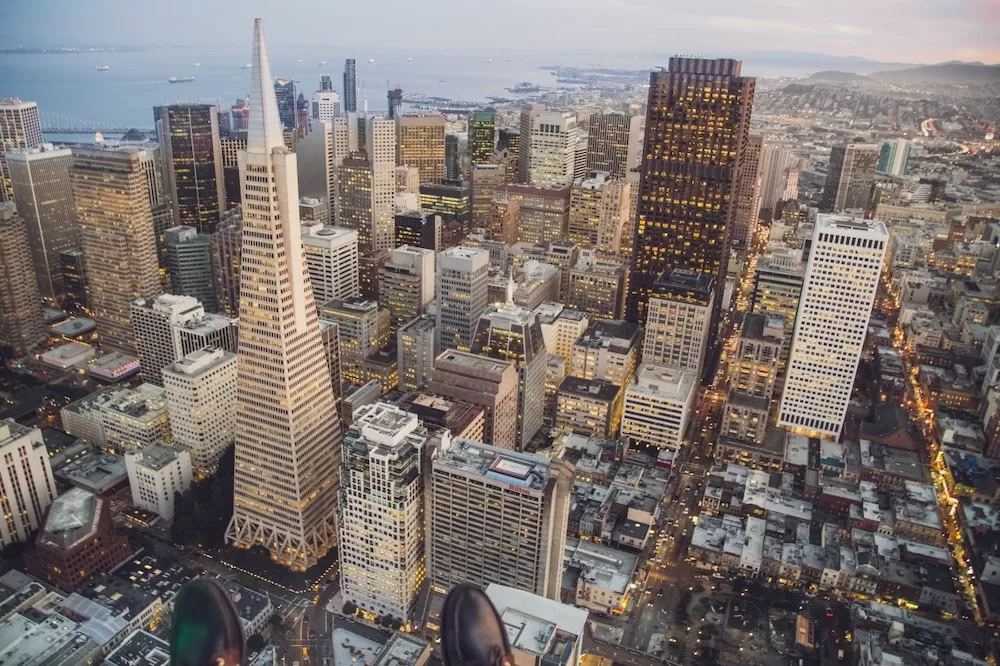
Source: Wikimedia Commons
Visa for San Francisco
One of the first things you need to do when moving to San Francisco is to get your legal papers in check. For those coming to the city from another country, this means getting the right US Visa. Be sure to apply for an Immigrant Visa when you plan on relocating to San Francisco. This is different from an ordinary tourist visa and allows you to stay in the country for more than six months. The kind of immigrant visa you need has to correspond to the reason you're moving to San Francisco in the first place, such as for work, schooling, family, etc.
Do I Need a Visa for San Francisco?
As already mentioned, this depends on where you're coming from. If you're already an American citizen or you have a Green Card, then no, you don't need a visa. But if you're coming from a different country, you might need a visa just to get to the US. Either that or you're eligible for the ESTA Visa Waiver Program, which grants citizens of selected countries free entry into America without a visa. Nevertheless, you'd still need to apply for an Immigrant Visa when moving to San Francisco.
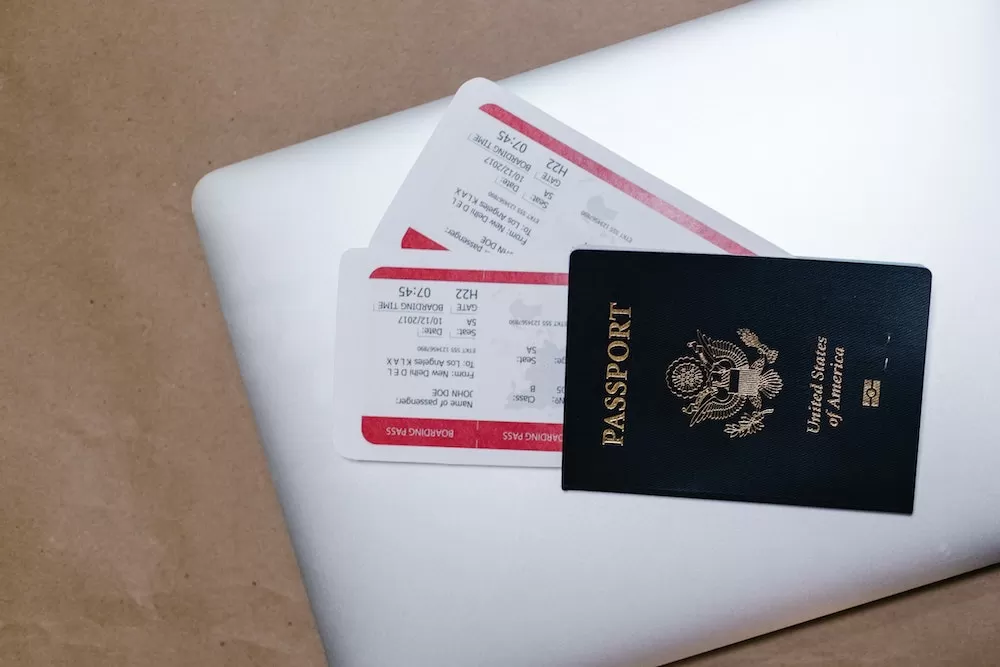
Source: Wikimedia Commons
Getting Around San Francisco
You've probably seen the iconic cable cars in countless movies and TV series, haven't you? Well, those are only part of San Francisco's public transport. It's only popular in media because of its novelty when in reality, other modes of public transport systems are comparatively more efficient and faster. These include the “Muni Metro,” the Golden Gate Transit, the Bay Area Rapid Transit (BART), and more. Don't forget about the buses and taxis too! Wherever you need to be, you're sure to get there on time even if you commute.
How to Get Around San Francisco
As already mentioned, there are many public transport systems in place in San Francisco. You can easily get around the city just by commuting, especially if you buy a Clipper Card. This is the all-in-one transit card that allows for contactless fare payments in San Francisco. No matter what public transport system you take, fill your Clipper Card up with cash and a simple tap is enough to grant you access to everything. This ought to be one of the first things you buy upon moving to San Francisco!
Getting Around San Francisco Without a Car
Living in San Francisco is fairly easy without a car. The city is so urban and has such efficient public transport that you'd barely need to drive your own vehicle. Apart from the aforementioned systems, popular transportation apps also operate in the city. You can take an Uber, Lyft, and more to get to where you need to be. At some point, these apps have even become more popular than the taxis and buses of the city. It's just that they tend to be more expensive.
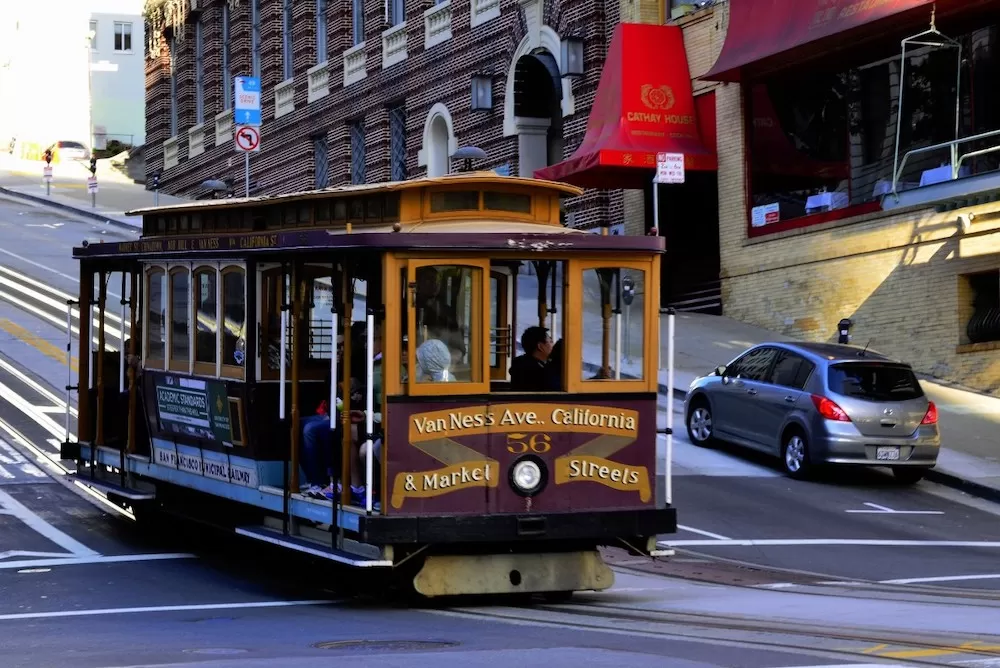
Source: Wikimedia Commons
Where to Live in San Francisco
San Francisco's neighborhoods are as diverse as its population. All sorts of lifestyles are suited in the city and there's practically one district for each! Whether you're raising a family of four or a single, adult member of the LGBTQ+ community, it's fairly easy to find a place to call home in San Francisco. There's the suburban Haight-Ashbury neighborhood, the colorfully queer Castro District, the trendy Marina area, the outdoorsy Inner Richmond neighborhood, and more. It's up to you to decide which of these areas fits you best.
Where are The Best Places to Live in San Francisco?
Many of the neighborhoods mentioned so far—Haight-Ashbury, Castro District, Marina District, and Inner Richmond—are also some of the best places to live in San Francisco. Not only are they clean and beautiful areas, but they're among the safest ones too. You'd have no trouble raising a family in Haight-Ashbury or Inner Richmond, for example. And if you fancy yourself a cosmopolitan, the Castro and Marina Districts have a lot of trendy fun to spare.
Where to Live in San Francisco with Family
If you're moving to San Francisco with your entire family consider moving into neighborhoods like Haight-Ashbury, Cole Valley, Sunnyside, Noe Valley, Central Richmond, and Potrero Hill, among many others. These are some of the most peaceful and safest parts of the city, perfect for raising your kids and living the idyllic city life while still having fun in San Francisco.
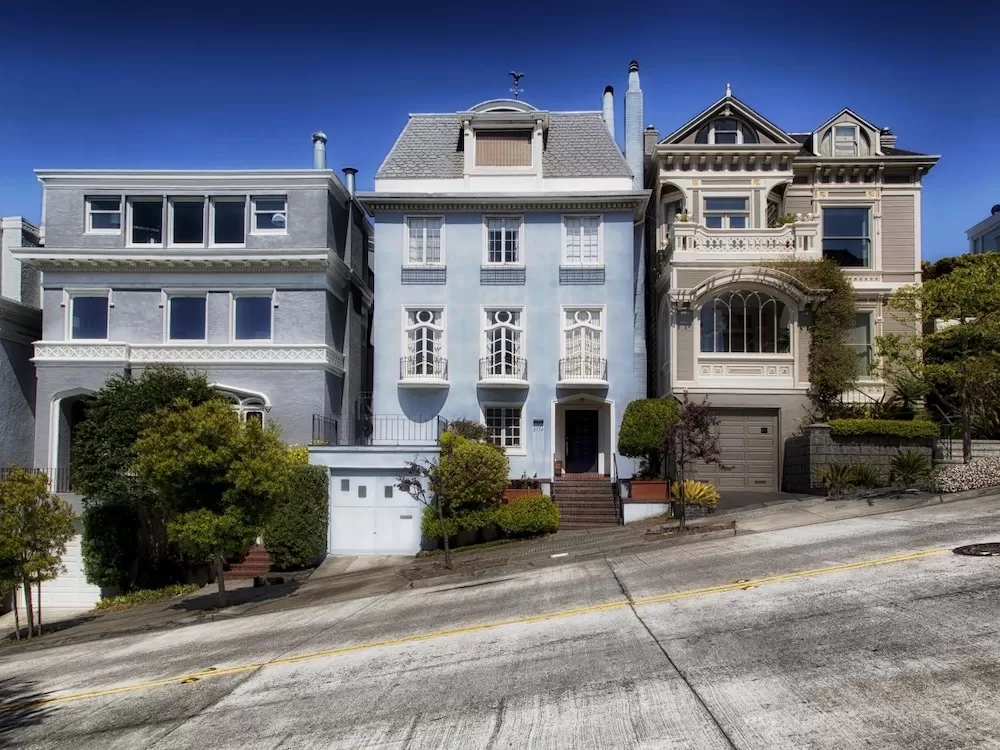
Source: Wikimedia Commons
Living Costs in San Francisco
If you think living in LA is a lot more expensive than living in San Francisco, think again! The latter is one of the most expensive cities in the US to live in, ranking second just after New York City. So expect that the living costs in San Francisco would be far from cheap. To give you a more accurate picture, Numbeo states that a single adult spends about $1,489.30 per month without rent in the city. A family of four, on the other hand, spends around $5,376.80 per month.
Is it Expensive to Live in San Francisco?
Yes, it is. They don't claim San Francisco one of the most expensive cities in the US for nothing. It's just as, perhaps even more expensive here as it is in Los Angeles. Consider the fact that the average net salary one can earn here is $7,386.73 per month. Since a single adult spends $1,489.30 while a family of four spends about $5,376.80 per month without rent, monthly expenses already take up a huge chunk of your salary.
Housing Costs in San Francisco
What about housing? How much does it cost to rent or buy a luxury home in San Francisco? Well, for the former, the city's common monthly rental fees range from a minimum of $2,000.00 to a maximum of $8,000.00 per month. The latter, on the other hand, will cost about $8,611.13 to $12,916.69 per square meter. With all these figures in front of you now, do you still think you can afford to move to San Francisco?
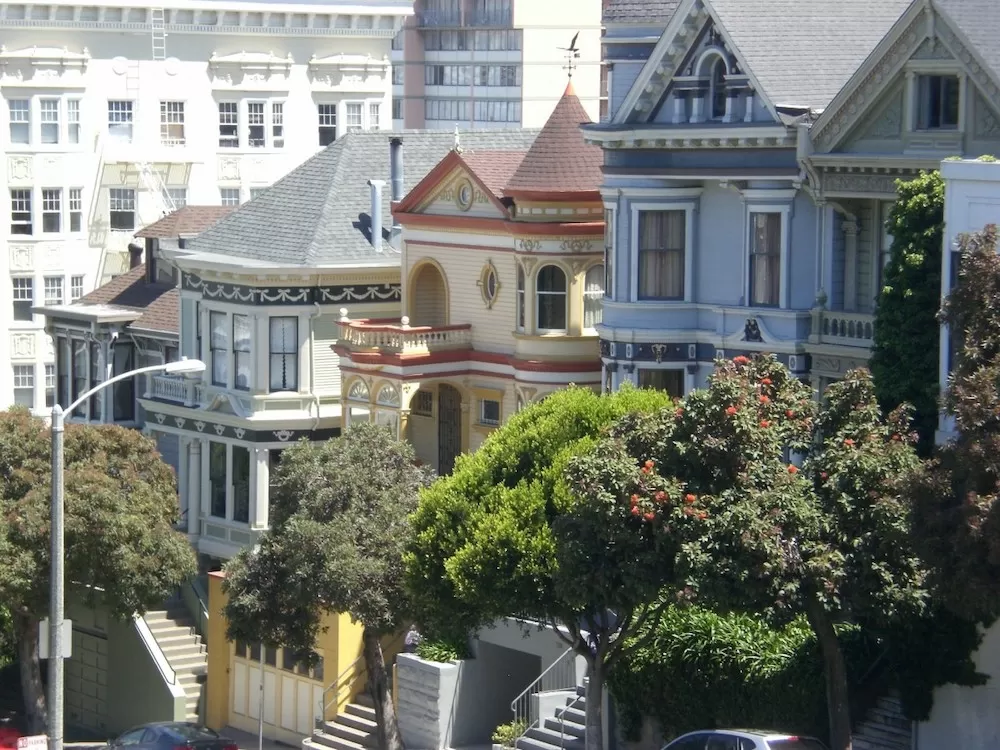
Source: Wikimedia Commons
Employment in San Francisco
Currently, the US job market is enjoying a 3.7% unemployment rate and a 60.20 employment rate. In San Francisco alone, the current unemployment rate is just 3.50%. This bodes well for those moving to San Francisco without a job. Though it's not a walk in the park, it's also not that difficult to find work in this big of a city. You can't, however, guarantee that you'll get a high-paying or even just a good-paying job once you get here. At times, you're just gonna have to make do with the cards you’re dealt with and start from there.
What Jobs are in San Francisco
There are multiple jobs available in San Francisco, ranging from service staff in a restaurant or a managerial position in a big company. It's not that difficult to land employment anywhere in such a bustling metropolis. But to be more specific, San Francisco's main industries include apparel, textile trade, food processing, shipbuilding, tourism, and finance.
How to Get a Job in San Francisco
The common ways to find a job in the US, be it in San Francisco or any other city out there, includes going on job-seeking websites, joining social media groups, enlisting the help of a recruitment agency, or looking at the classified ads in the newspaper. It's not that difficult to look for employment in a big city like San Francisco. But to get a good position in a good company in your chosen field may prove to be more challenging.

Source: Wikimedia Commons
Education in San Francisco
If there's one thing you don't have to worry about when moving to San Francisco with your kids, it's their education. Many schools in San Francisco offer high-quality education, have entirely safe spaces, and provide opportunities for your kids to grow, find themselves, and realize their true potential. It's in these institutions where your kids will discover and improve their skills, as well as hone their talents. And it barely makes any difference whether you pick a public or private school. Every institution has its strengths.
What Schools are in San Francisco for Kids?
Some of the best schools in San Francisco for kids include George Washington High School, Lowell High School, and the KIPP San Francisco College Preparatory, among many others. Lowell High School, for example, has a notable 99% graduation and 90.1% college readiness rate. Prominent news publication Newsweek also ranks George Washington High School as the 497th best school in the USA. Talk about impressive!
Where to Study in San Francisco
Perhaps you're planning on continuing your studies upon moving to San Francisco too. If you are, know that there are many prestigious higher education institutions in the city. A few noteworthy names include Stanford University, Berkeley University, the University of San Francisco, Santa Clara University, Golden Gate University, and more.
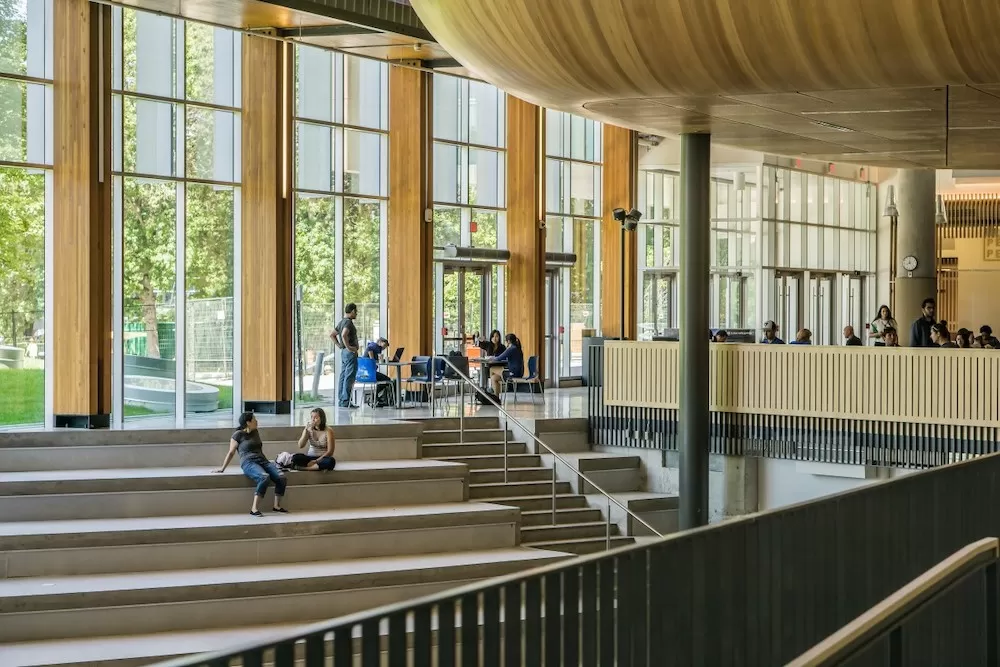
Source: Wikimedia Commons
Healthcare in San Francisco
Even though the US famously doesn't have universal healthcare, as long as you're insured, you'll be fine. Sure, the American healthcare system remains a hot political issue in the country, but as of right now, the Affordable Care Act remains the law to of the land. This means that you can still get covered based on this system. At the same time, there's also the option of getting private insurance as well. Whichever you choose, moving to San Francisco doubles your luck because the city has enough great hospitals and plenty of medical services and professionals to help you out.
What Hospitals are in San Francisco?
There's a good number of hospitals in San Francisco worth noting. One of them is the UCSF Medical Center, the leasing research hospital in the city. Not only does it have some of the best healthcare professionals in the country, but it's also famous for inviting the world's leading healthcare experts. The St. Francis Memorial Hospital is another one. It's a famous not-for-profit community hospital that treats patients of all ailments and does not discriminate against gender, gender identity, ethnicity, financial situation, and more.

Source: Wikimedia Commons
Safety in San Francisco
Is San Francisco safe? The real answer to that is a bit complex. In truth, San Francisco's crime rates are quite high. The city currently has a high general crime rate of 69.61%, not to mention a high rate of increasing crimes, which is 76.95%. This comes as no surprise considering that many of the biggest American cities also have high crime rates. At the same time, though these numbers may seem bleak, they don't necessarily mean that San Francisco is a dangerous place. You just have to be more careful here.
How Safe is San Francisco?
As already mentioned, despite how high San Francisco's crime rates are, the city isn't that dangerous. San Francisco currently has a safety rate of 63.39% during the day, which is notably high. The downside, however, is that this rate goes down to 33.50% at night.
What Areas to Avoid in San Francisco?
To stay safe in San Francisco, you'd do well to about areas like Hunters Point, the Mission District, and even Golden Gate Park, especially after dark.
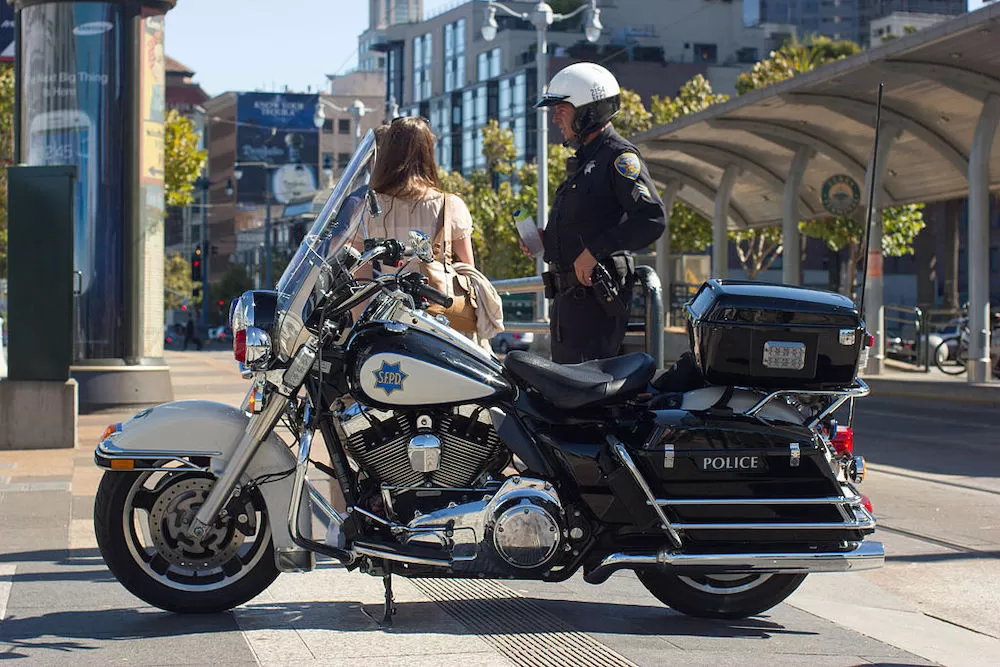
Source: Wikimedia Commons
Taxes in San Francisco
You need to understand the US tax system when you relocate to San Francisco from another country. It's not difficult to do and it's imperative to your new life in the city (or any other part of America, for that matter). They take taxes very seriously here and even a minor offense can lead to a very high penalty fee or possibly jail time. Generally, you get taxed on three things here: income, property, and goods & services you purchase. Your income tax, for example, follows an ascending system in which the higher your salary, the higher your tax rate.
Are Taxes Higher in San Francisco?
Comparatively yes, it is. San Francisco is notable for having one of the highest income tax and sales tax rates in the US. It's even higher compared to other parts of the California state. As of this writing, the city's income tax rates range from 1% to 12.3% while its sales tax rate is 8.625%.
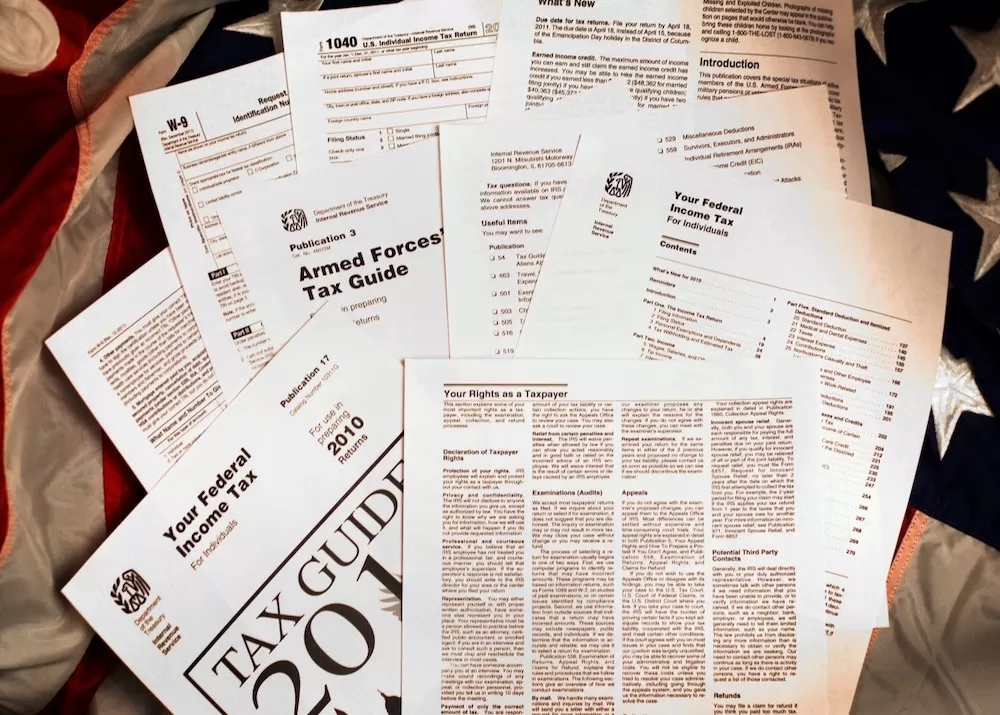
Source: Wikimedia Commons
Relocation Tips for San Francisco
Let's end this San Francisco relocation guide with a few tips worth remembering as you settle down in the city.
Open a local American bank account before you get to the city.
Join a local American mobile network and get a SIM card for your phone.
Learn about American social customs and always follow them to avoid offending anyone.
Always follow proper American business etiquette at work.
Get used to the fog.
It's better not to live near the Golden Gate Bridge
Expect to see a lot of dogs around.
Save as much money as you can.
Be careful when riding your bike down the steep hills.
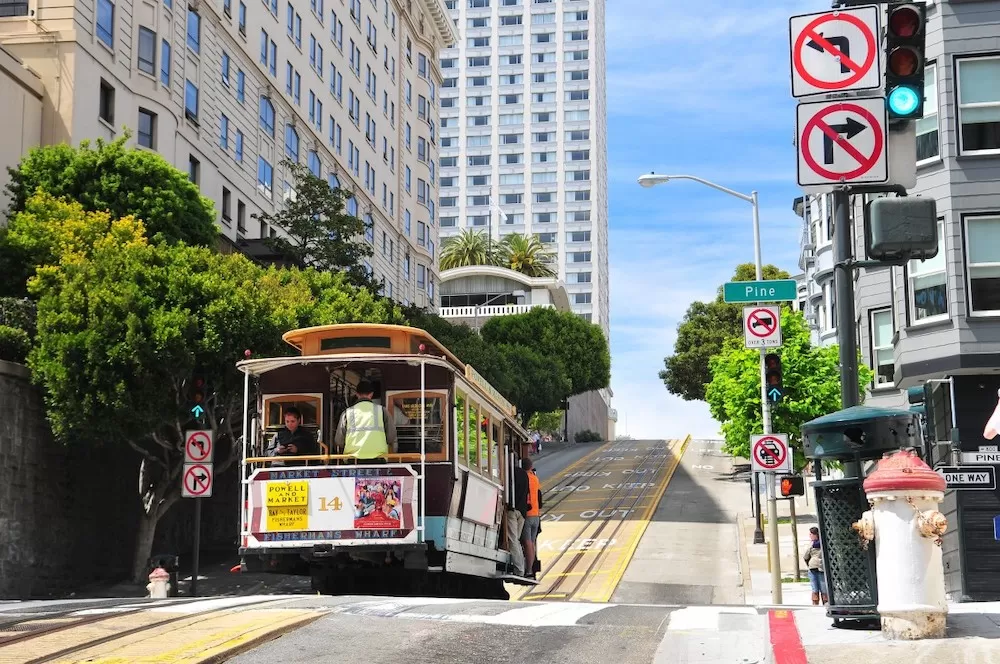
Source: Wikimedia Commons
Are you planning on moving to San Francisco anytime soon? If you are, perhaps this relocation guide can help you! It details many of the important basics you need to know about the city and gives you a good grasp of what to expect.